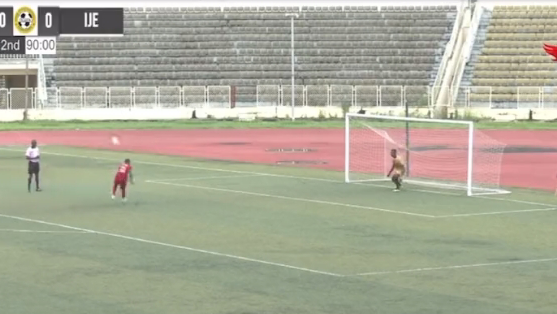Patience Oniha, director-general (DG) of Debt Management Office (DMO).
The Debt Management Office (DMO) says Nigeria’s debt profile is prone to the volatility of oil prices and forex exchange risk.
DMO said this in its 2021 national market access country (MAC) debt sustainability analysis (DSA) report, released on Thursday.
According to the report, DMO said the country’s debt profile shows moderate risk and is susceptible to shocks such as market perception, the share of debt held by non-residents and foreign currency-denominated debt.
In the first quarter of 2022, the country’s public debt rose to N41.6 trillion from N39.56 trillion recorded at the end of December 2021.
Advertisement
The report said increased borrowings put pressure on debt service to the revenue at a high rate while public debt to gross domestic product (GDP) remained moderate.
“The outcome of the Exercise revealed that despite increased borrowings, Total Public Debt in terms of Debt to Gross Domestic Product remained at a moderate level, but Debt Service-to-Revenue ratios were high,” the report said.
“Risk arising from Market Perception measured by Bond Spread at 315 basis points crossed the early warning threshold of 200 basis points, but below the 600 basis points for upper early warning threshold. The issuance of USD4.0 billion Eurobonds in 2021 increased the exposure of the Total Public Debt profile to foreign exchange risk, which is mitigated by the domestic currency-denominated debt, which accounted for 61.40 percent of the total public debt as at December 31, 2020.”
Advertisement
DMO, however, added that refinancing risk is minimised by longer maturities of the Eurobonds and the spread of maturities to prevent the bunching of maturities, thus, achieving a smooth redemption profile.
“Also, the debt profile is exposed to risks associated with the volatility of oil prices, as well as enhanced short-term debt vulnerabilities and cost of debt servicing arising from CBN financing,” it added.
“However, the sustained implementation of economic initiatives and reforms by the government aimed at stimulating growth and boosting revenue are expected to moderate these shocks and financing pressures in the medium-term. In addition, if the CBN financing through Ways and Means Advances is restructured into long-term debt.”
The report said public debt sustainability analysis shows that Nigeria’s total public debt is sustainable in the medium term.
Advertisement
It added that the debt level and gross financing needs show low risk to debt sustainability as all the debt burden indicators are below the baseline and shock scenarios.
‘The total public Debt-to-GDP ratio was below the MAC-DSA’s benchmark of 70 percent for the Emerging Markets at 25.5, 26.1 and 25.8 percent in 2021, 2022 and 2023, respectively, and thereafter declined to 23.6 percent in 2026,” the report further said.
“Similarly, the gross financing needs are high but lower than the MAC-DSA’s benchmark of 15 percent at 3.8, 3.1 and 2.4 percent in 2021, 2022 and 2023, respectively.
“The financing needs are met by domestic financing through the issuances of FGN securities in the domestic financing market. External financing would be from the concessional and semi-concessional sources, as well as market financing by the issuance of Eurobonds in line with Nigeria’s medium-term debt management strategy, 2020-2023.”
Advertisement
The DMO, however, advised the federal government to enhance growth in non-oil export through fiscal and trade incentives and maintain relative stability in the foreign exchange market.
Advertisement






